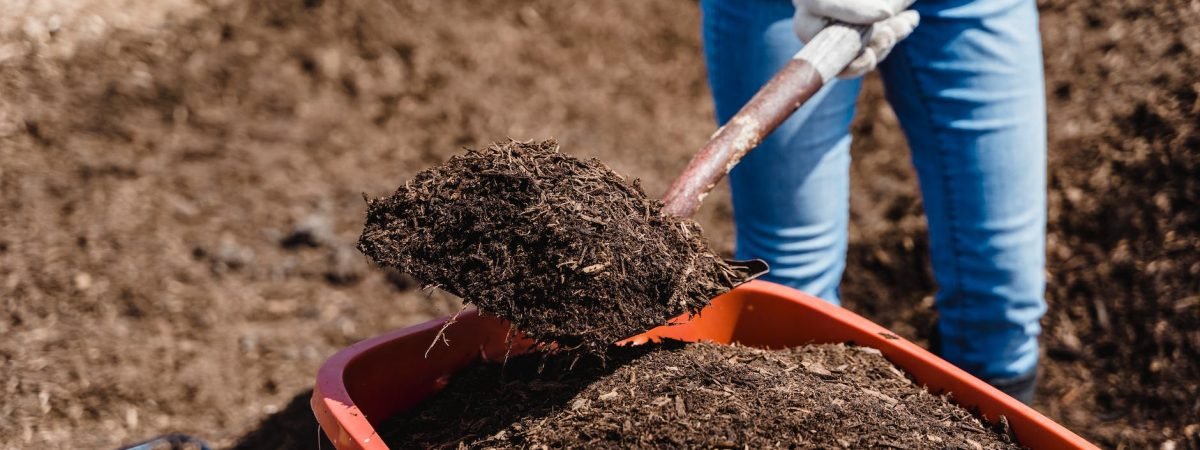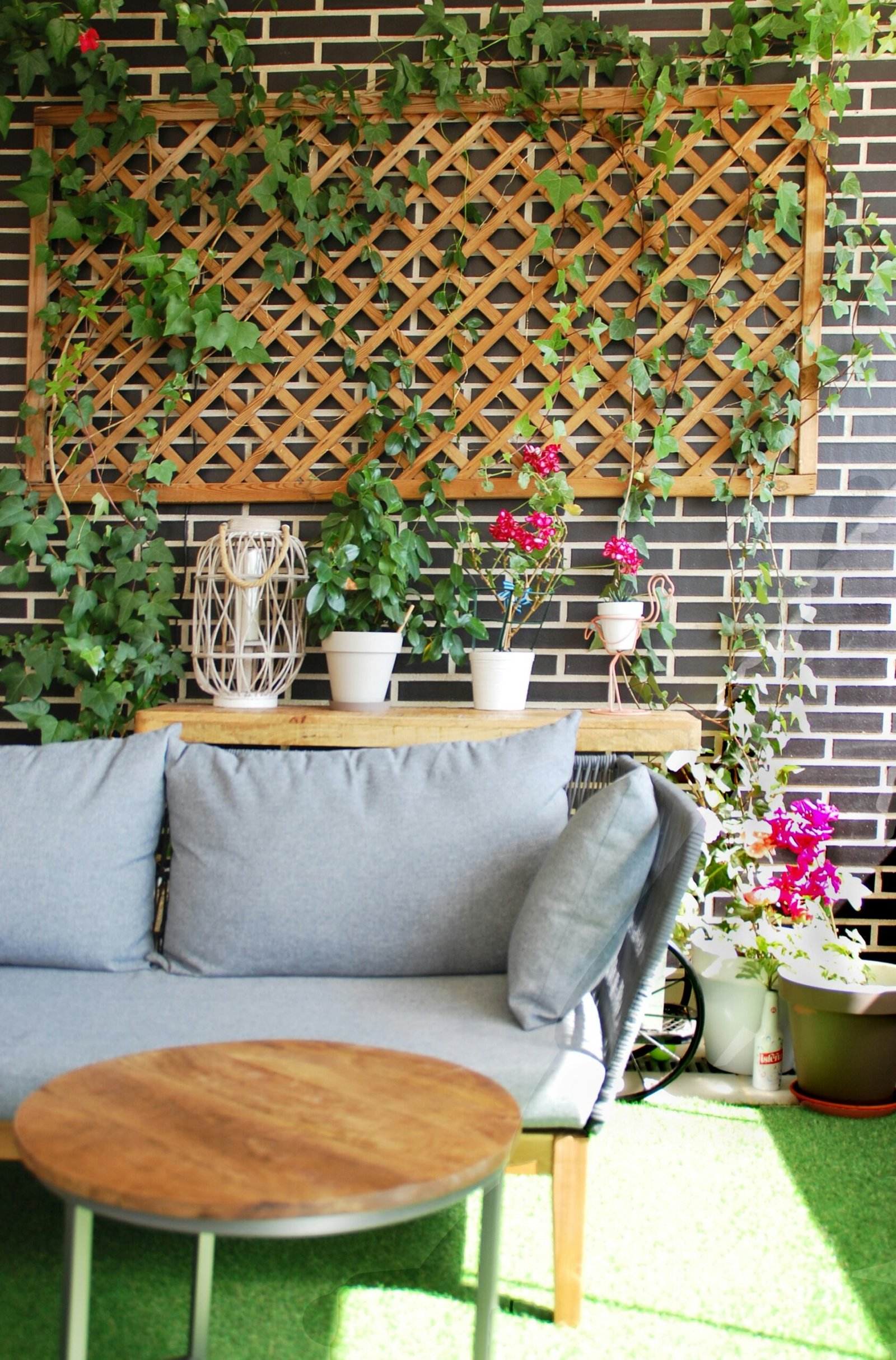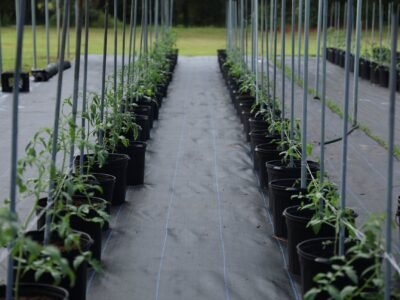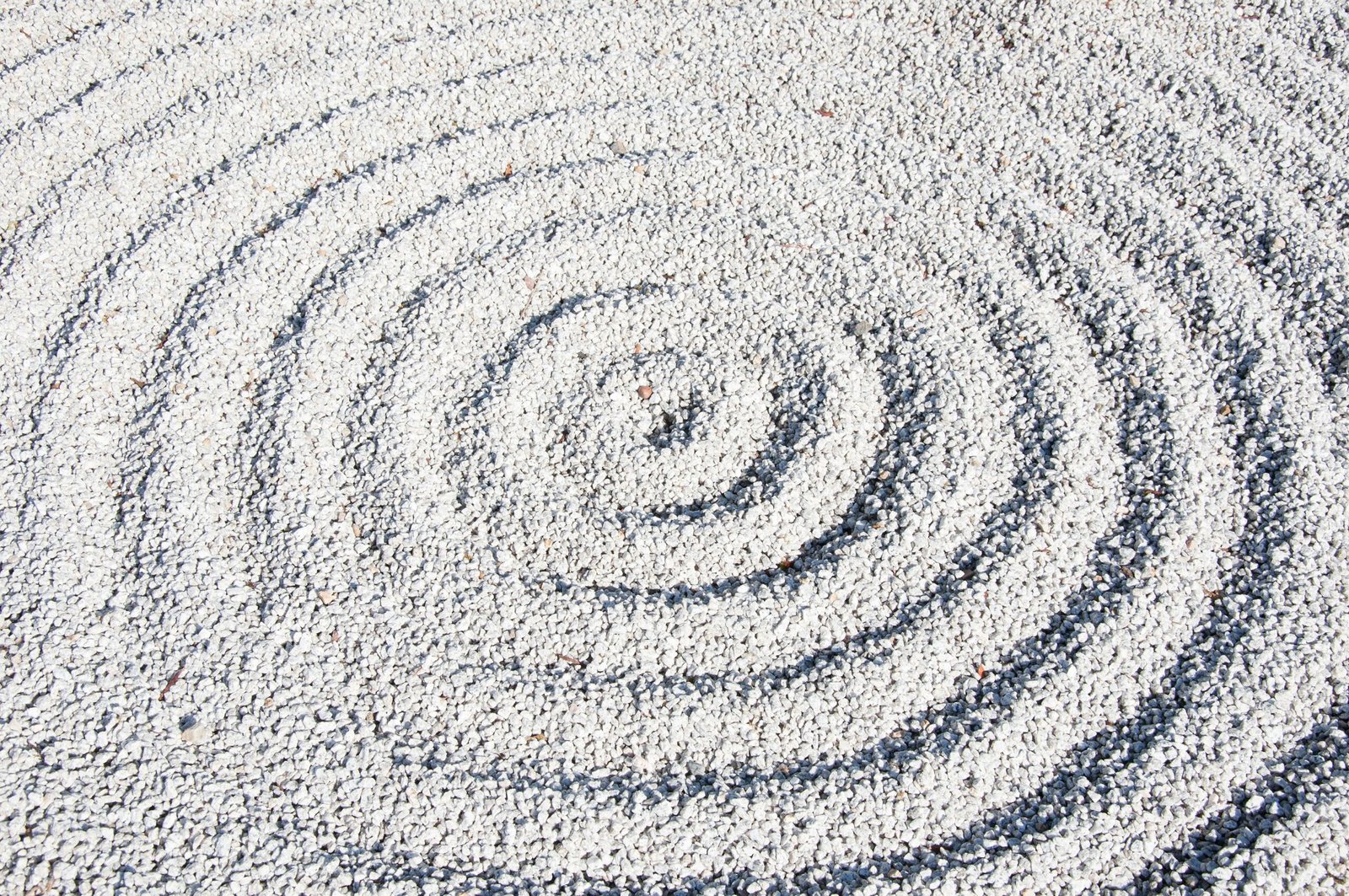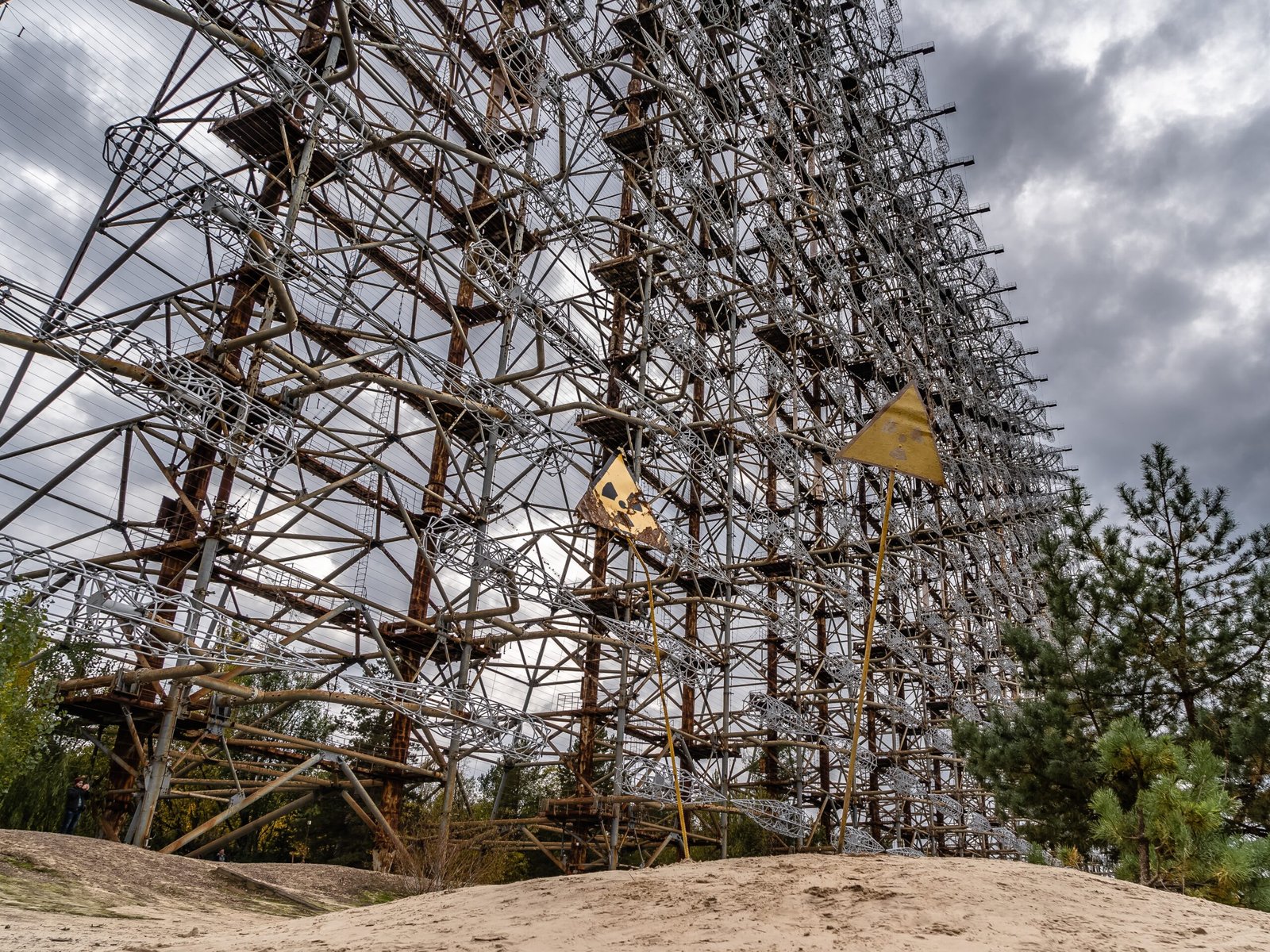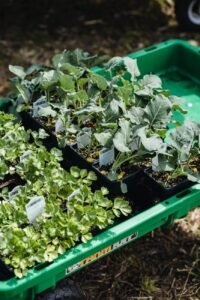Composting is a simple yet powerful way to reduce waste and create nutrient-rich soil for your garden. It’s a natural process that transforms organic materials into a dark, crumbly substance known as compost. Not only does composting help to minimize the amount of waste that ends up in landfills, but it also provides numerous benefits for your garden and the environment.
Why Compost?
Composting is an eco-friendly way to manage organic waste. Instead of throwing away food scraps, yard trimmings, and other biodegradable materials, you can transform them into a valuable resource. Compost enriches the soil, improves its structure, and enhances its ability to retain water and nutrients. By composting, you can reduce the need for chemical fertilizers and pesticides, which can have harmful effects on the environment.
Getting Started
Starting a compost pile is easier than you might think. First, you’ll need a designated area in your yard for the compost pile. Choose a spot that is convenient for you and has good drainage. Next, gather your compost materials. These can include fruit and vegetable scraps, coffee grounds, eggshells, yard waste, and even shredded paper. Avoid adding meat, dairy products, or oily items, as they can attract pests.
Once you have your materials, start layering them in the compost pile. Alternate between green materials, such as fresh grass clippings or kitchen scraps, and brown materials, such as dried leaves or shredded newspaper. This balance of carbon-rich and nitrogen-rich materials is essential for the composting process. Make sure to mix the pile occasionally to provide oxygen and promote decomposition.
The Composting Process
Composting is a natural process that involves the breakdown of organic materials by microorganisms, such as bacteria and fungi. These microorganisms thrive in a warm and moist environment, so it’s important to keep your compost pile damp but not soggy. You can water the pile occasionally if needed.
As the organic materials decompose, the pile will start to heat up. This is a sign that the microorganisms are actively breaking down the waste. Over time, the materials will break down further, and you’ll start to see the transformation into rich, dark compost. The process can take anywhere from a few months to a year, depending on various factors such as the size of the pile, the materials used, and the environmental conditions.
Using Compost
Once your compost is ready, you can use it to improve the quality of your soil. Spread a layer of compost over your garden beds or mix it into the soil before planting. Compost helps to retain moisture, suppress weeds, and provide essential nutrients for plant growth. It also improves the overall structure of the soil, making it easier for roots to penetrate and access nutrients.
In addition to using compost in your garden, you can also use it for potted plants, lawns, and even indoor plants. Compost tea, which is made by steeping compost in water, can be used as a natural fertilizer for your plants.
Conclusion
Composting is a rewarding and sustainable practice that allows you to turn waste into a valuable resource. By composting, you can reduce waste, improve soil health, and promote a healthier environment. Whether you have a small backyard or a large garden, anyone can start composting and enjoy the joy of seeing their waste transformed into nutrient-rich soil.

